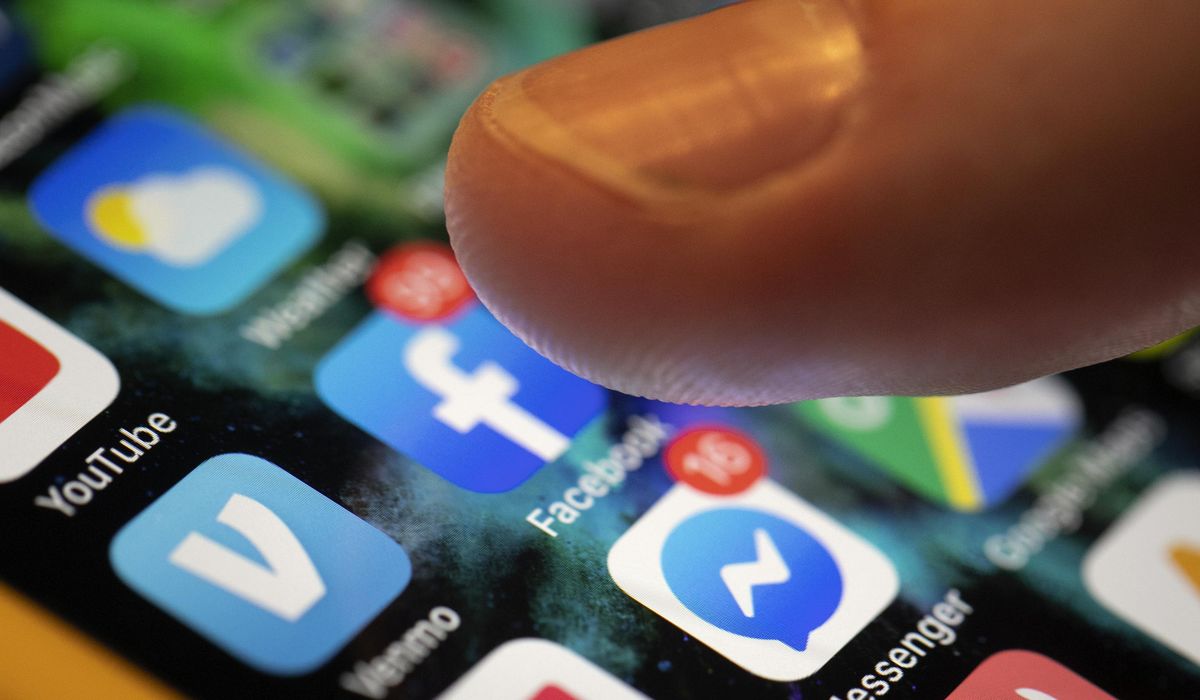


The Supreme Court on Wednesday ducked a major ruling on social media censorship, reasoning that the red states and social media users who sued the federal government over its big tech action didn’t have standing, or sufficient legal injury.
In a 6-3 ruling, the justices said the plaintiffs who challenged censored social media posts related to COVID-19 or the 2020 election didn’t show enough damages to bring the case.
“The plaintiffs must demonstrate a substantial risk that, in the near future, they will suffer an injury that is traceable to a Government defendant and redressable by the injunction they seek,” Justice Amy Coney Barrett wrote for the court. “Because no plaintiff has carried that burden, none has standing.”
Justices Samuel A. Alito Jr., Clarence Thomas and Neil M. Gorsuch dissented, saying this was one of the most important free speech cases to reach the court in years.
“Government officials may not coerce private entities to suppress speech … and that is what happened in this case,” their dissent reads.
Justice Alito, who wrote the dissent, reasoned that the plaintiffs had shown enough of a connection between the government’s actions and the social media companies’ behavior.
“For months, high-ranking Government officials placed unrelenting pressure on Facebook to suppress Americans’ free speech,” he wrote. “Because the Court unjustifiably refuses to address this serious threat to the First Amendment, I respectfully dissent.”
The case at issue grew from outrage over the silencing of dissenting voices online.
Federal officials engaged in efforts to police pandemic and election fraud claims with which they disagreed, urging social media companies to quash certain posts.
A challenge by social media users and two Republican-led states had argued the government crossed lines into coercion by suggesting consequences for platforms that didn’t comply.
• Stephen Dinan can be reached at sdinan@washingtontimes.com.
• Alex Swoyer can be reached at aswoyer@washingtontimes.com.
